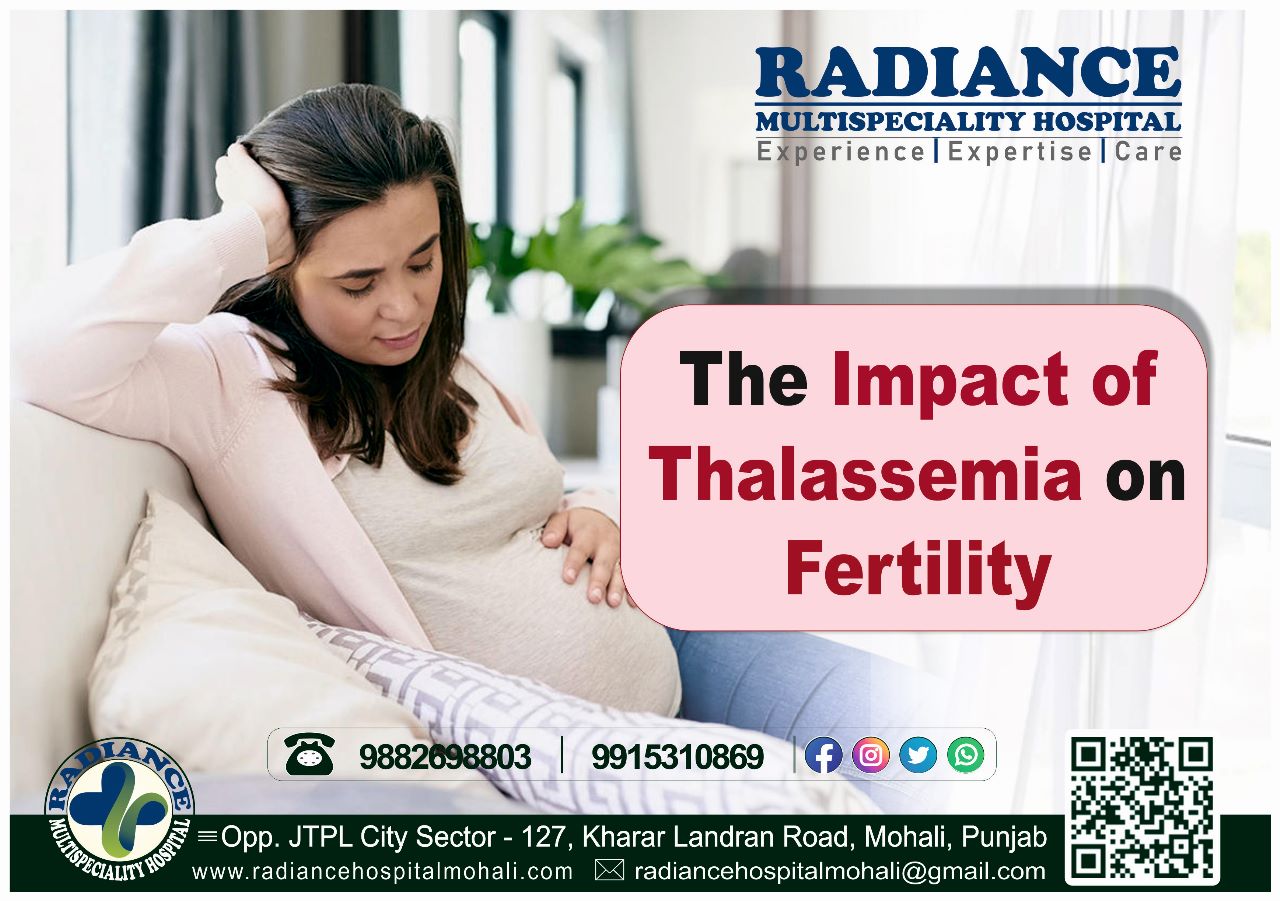Dr. Rimmy Singla explains that one of the challenges of living with thalassemia is that it can impact fertility. Thalassemia can affect fertility in both men and women, causing hormonal imbalances, impaired sperm quality, irregular menstrual cycles, and decreased ovarian function.
What is thalassemia?
To put it simply, Thalassemia is a blood disorder. But let’s peel the onion a bit. People with Thalassemia produce lesser hemoglobin and fewer red blood cells than the average person. Hemoglobin is the protein in red blood cells that carries oxygen. A deficiency means your tissues and organs aren’t getting enough oxygen, leading to the symptoms we’ll dive into below.
What are the Symptoms of thalassemia?
Fatigue or weakness
Pale or jaundiced skin
Facial bone deformities
Slow growth
Abdominal swelling
Dark urine
Thalassemia can range in severity from mild to severe. In mild cases, people may have no symptoms or only mild anemia. In severe cases, thalassemia can be life-threatening.
Challenges Faced by Individuals with Thalassemia
Reduced fertility potential: Thalassemia can lead to reduced fertility potential due to factors such as hormonal imbalances and impaired reproductive function.
Increased risk of complications during pregnancy: Individuals with thalassemia may face an increased risk of complications during pregnancy, and potential risks to both the mother and the baby.
